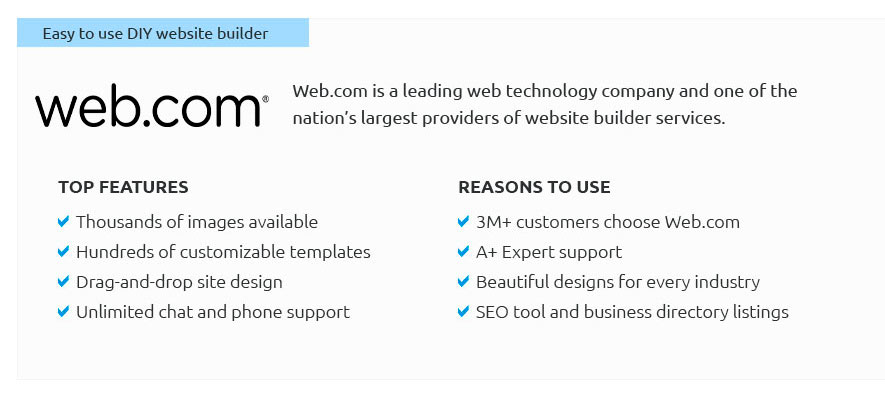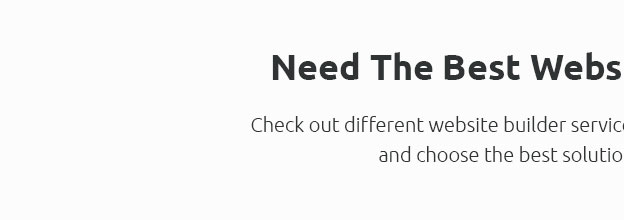 |
 |
 |
 |
|
 |
 |
 |
|
 |
|
 |
 |
|
 |
|
 |
|
 |
 |
Exploring the World of Free Domain and Website Builders: Key Features and HighlightsIn the digital age, establishing an online presence is indispensable for businesses, entrepreneurs, and even hobbyists. The advent of free domain and website builder platforms has democratized access to the web, enabling virtually anyone to craft a digital space with minimal financial investment. This article delves into the nuances of these platforms, highlighting their key features, advantages, and potential limitations. At the heart of these tools lies the promise of accessibility. A free domain essentially means you can have a personalized web address without any initial cost, which is particularly appealing to startups and individuals testing the waters of their online ventures. When paired with a website builder, users can construct a fully functional website without needing extensive technical skills or knowledge in coding. The integration of drag-and-drop interfaces is a common feature, allowing users to visually assemble their site components with ease and efficiency. One of the standout features of modern website builders is the plethora of templates they offer. These templates are designed by professionals, ensuring that even free versions provide aesthetically pleasing and responsive designs. This is crucial, as an engaging and professional design can significantly impact a visitor's first impression and retention. Moreover, many of these platforms include SEO optimization tools that guide users in enhancing their site's visibility on search engines, a vital component for attracting organic traffic. The functionality doesn't stop at aesthetics. The capacity to incorporate various widgets and plugins enriches the user experience, from integrating social media feeds to enabling e-commerce capabilities. It's noteworthy how many free website builders now support seamless e-commerce integration, albeit sometimes with limitations on product listings or transaction fees. This positions them as a viable option for small businesses and freelancers looking to sell products or services online without hefty upfront costs.
While the advantages of free domain and website builders are plentiful, there are nuances to consider. Limited customization, potential advertisements, and bandwidth restrictions can pose challenges for those looking to scale their operations. However, for many, these platforms provide an invaluable opportunity to establish a digital footprint with minimal risk and investment. In conclusion, whether you're a budding entrepreneur or an individual with a creative pursuit, exploring free domain and website builders can be an excellent starting point in your online journey. Embracing these tools not only empowers you to bring your ideas to life but also equips you with a foundational understanding of web development, setting the stage for future growth and exploration. https://www.renderforest.com/ai-website-builder
Renderforest hosts your website safely, providing a free domain. You can also connect your domain when you subscribe. You can secure your website with SSL ... https://www.reddit.com/r/web_design/comments/1e4nc1k/any_free_website_builders_i_own_a_domain/
Can anyone recommend me a website builder that is free to use? I don't need anything fancy, just a simple website. I already have a domain. https://www.neo.space/site/free-website-builder-and-domain
Neo's website builder allows you to use a custom domain easily. With a free one-year domain included, you can choose the perfect domain to match your brand. For ...
|